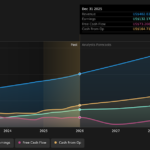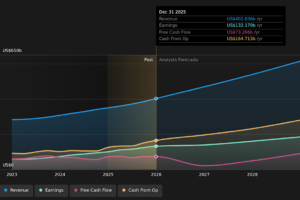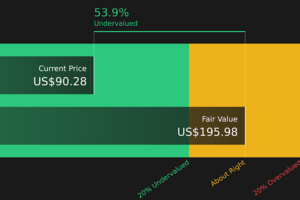
Mastercard Inc. pledges to hit the equivalent of net-zero greenhouse gas emissions by 2050, an increasingly familiar refrain across major companies and government bodies as a Joe Biden-led U.S. looks to rejoin global counterparts in trying to slow man-made climate change.
The nature of Mastercard’s MA, -0.45% business poses a huge challenge for the portion of the pledge that gets after downstream climate-change violators.
So-called Scope 3, or indirect, emissions from outside the company constitute the bulk of Mastercard’s GHG emissions, not unlike most service companies. More than 70% of “its” pollution came from suppliers in 2019, the company said. Business travel and employee commuting combined made up 19%.
So the company can really only advise on investments in renewable energy to its customer base or work to convince businesses along its supply chain to set efficiency targets.
But the company isn’t leaving many of its users out of its plan.
For instance, “we’ve developed a sustainable card materials directory for our customers and are working with Doconomy to provide brands with a free and transparent way to calculate their products’ carbon footprint,” a spokesperson told MarketWatch. “It’s information consumers can use to make more informed purchase decisions — a capability typically out of reach for smaller businesses.”
The credit card and payment processor can be considered the first in its industry to agree to a climate program with the Science Based Targets initiative (SBTi). Those thresholds are to cut direct emissions by 38% and indirect emissions from supply chains and customers by 20% by 2025 from 2016 levels. And the company aligns with SBTi for a 1.5°C campaign, another initiative to try to pull down global emissions, a target aligned with the temperature-limiting pledge of the voluntary Paris Climate Agreement.
“2021 is set to be a crucial year for climate action, and we believe the private sector has a vital role to play in the transition to a zero-carbon economy,” said Kristina Kloberdanz, chief sustainability officer, at Mastercard.
“The quality of all our futures are deeply and inextricably linked to the health and well-being of our planet,” she said. “That’s why, in addition to improving our own environmental footprint, we’re driving systemic change through powerful coalitions and empowering our network of nearly 3 billion consumers to take collective action to preserve the environment.”
Mastercard operates close to 180 facilities across the world and says it is prioritizing renewable energy and energy efficiency programs, including the expanded use of solar panels in data centers, which account for more than 50% of energy usage across the company.
The company, which is also a participant in forest restoration initiatives, said that once it reaches maximum decarbonization across the value chain, it will review carbon removal options, but had no additional details on those plans right now. Carbon capture is gaining traction again in Washington as a potential palatable bipartisan climate-change action.
Mastercard shares are down 8.2% year to date.












